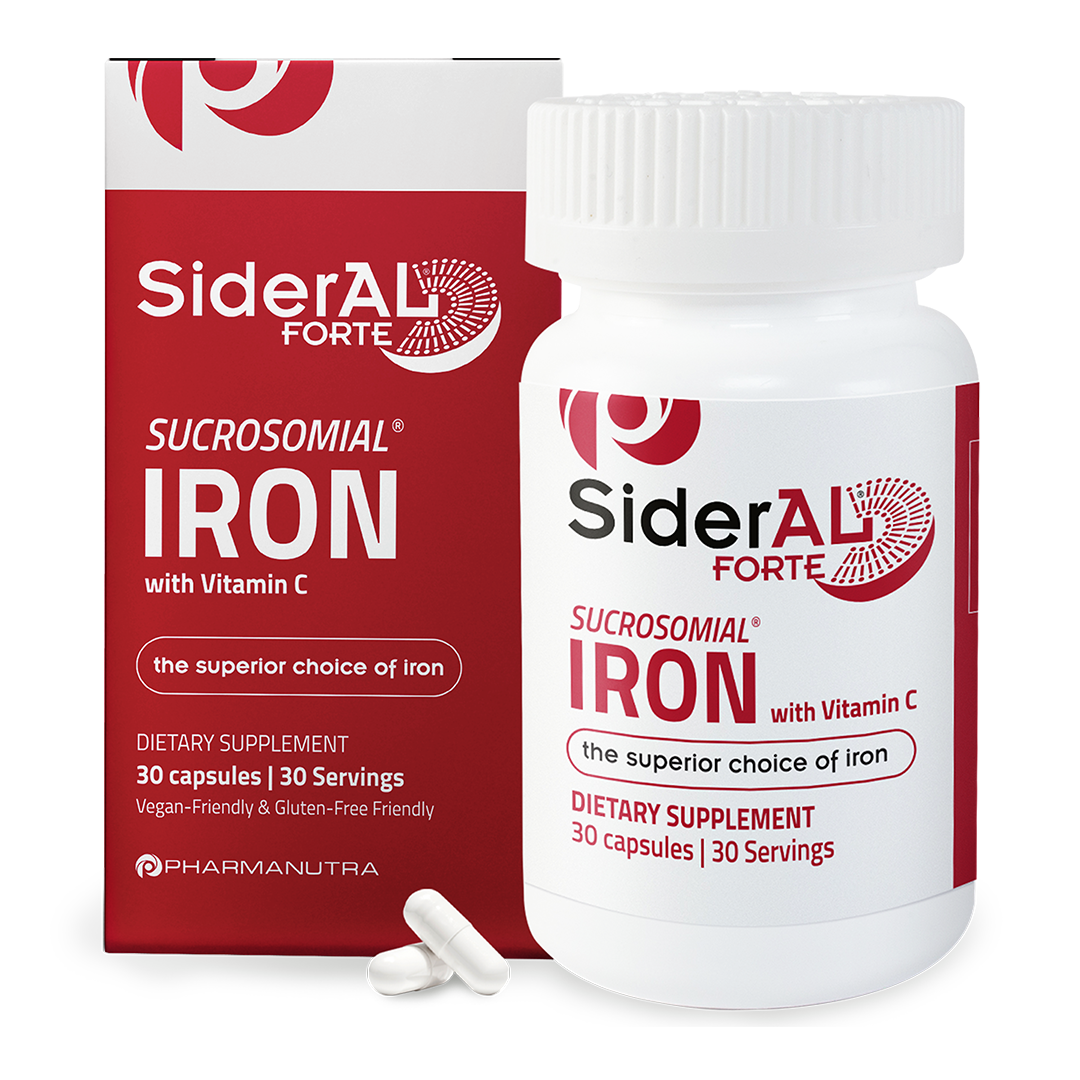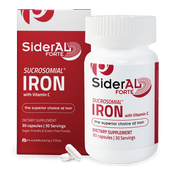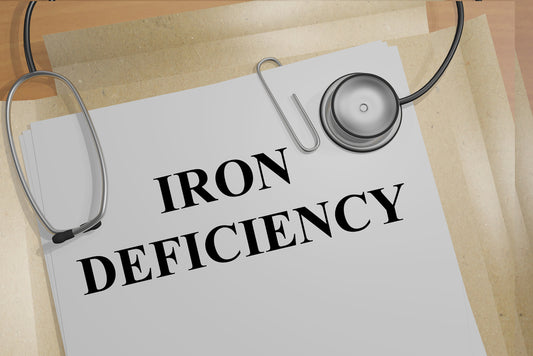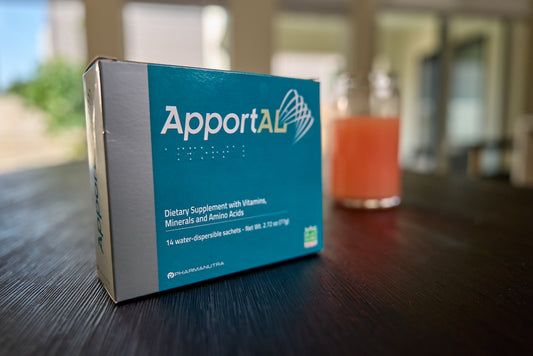
Learn More About the Top Signs of Iron Deficiency
Healthy iron levels are important to maintain many body functions and to ensure healthy skin, hair, and nails. Iron deficiency is becoming very common, especially among women and in people who don’t include enough iron in their diets. However, having low iron isn’t a difficult problem to improve. How do you know your iron levels aren’t where they should be? We’re sharing the top signs of an iron deficiency here:
Common Signs of an Iron Deficiency

Signs of an iron deficiency are related to decreased oxygen delivery to the body. Having low iron affects your brain because it is vital for the oxygen that’s transported there. Symptoms of low iron tend to worsen as the deficiency develops. Signs of an iron deficiency include but are not limited to:
- Fatigue & Weakness
- Headaches & Dizziness
- Shortness of Breath
- Dry Skin & Brittle Nails
- Poor Focus & Memory
- Heart Palpitations
- Feeling Cold
- Restless Leg Syndrome or Leg Cramps
- Constipation or Diarrhea
It’s important to note that each of these symptoms alone does not necessarily mean you have low iron levels, but you should consult with your doctor if you’re experiencing any of the above on a regular basis! Other signs of an iron deficiency can include a pounding or “whooshing” in the ears, a craving for ice or clay, a sore or smooth tongue, and a greater infection risk or recurrence.
What Does Iron Deficiency Mean?
You may have heard about the importance of getting enough iron, but what does iron deficiency actually mean? When you have an iron deficiency, it means your body doesn’t get enough red blood cells because the hemoglobin that relies on iron to form doesn’t get made in high enough levels.
What are the Causes of Iron Deficiency?

Iron deficiency can be caused by a number of things, but having a poor diet is one of the most common indicators. The body only absorbs a small amount of the iron you ingest. If you have a lack of iron in your diet, over time, your body can become iron deficient. Another major cause is blood loss. If you lose blood, you lose some iron. The inability to absorb iron can also lead to an iron deficiency. Iron from food is absorbed into the bloodstream through the small intestine. Having an intestinal disorder can affect the ability to absorb nutrients and lead to iron deficiency anemia.
Am I at Risk for Low Iron?
Here are a few groups that have a higher risk of having low iron:
- Women who are pregnant, breastfeeding, or have recently given birth
- Women with heavy menstrual periods
- People with gastrointestinal diseases (ulcerative colitis, Crohn’s disease, celiac disease, etc.)
- Vegetarians, vegans, and people with diets that don’t include iron-rich foods
- People with peptic ulcer disease
- Children who drink more than 16-24 oz of cow’s milk per day
- People who’ve undergone a major surgery
- People who donate blood often
How We Can Help
If you’re experiencing iron deficiency, taking iron supplements can help. But, don’t settle for any ordinary iron supplements. At PharmaNutra, we’ve come up with an exclusive new answer to overcoming iron deficiency with our SiderAL® supplements. These iron supplements include our patented Sucrosomial® iron and are absorbed directly in the intestine. That means it has higher absorption and helps you avoid any irritation or discomfort in the stomach. Say goodbye to the uncomfortable side effects of regular iron supplements, like a metallic and unpleasant aftertaste, constipation, and nausea, and say hello to SiderAL®!
Learn more about our SiderAL® products and start your journey to healthy iron levels today!






